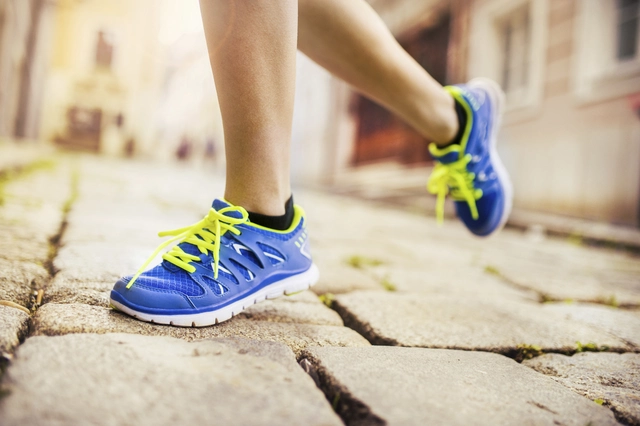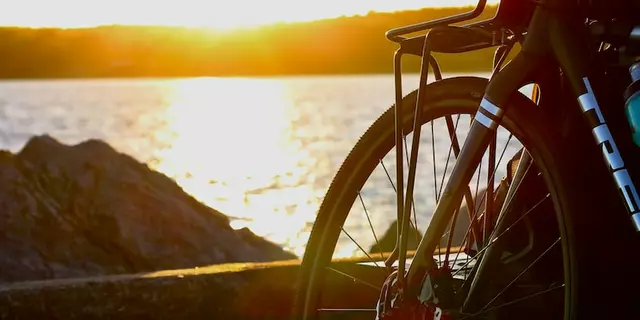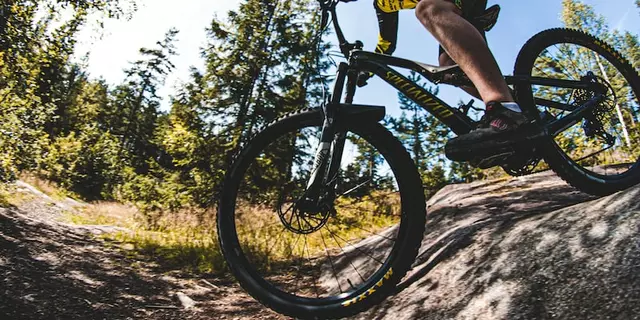Bike Races in Skipton: Your Quick Guide to Getting Started
If you love the rush of a crowd, the sound of wheels on pavement, and the thrill of a finish line, bike races are worth a try. Skipton has a growing racing scene, from casual club rides that end in a sprint to serious road events that attract riders from across the region. This guide breaks down the basics so you can jump in without feeling lost.
Finding a Race That Fits Your Level
The first step is scouting events that match your fitness and experience. Skipton Cycling Enthusiasts posts a calendar of local races on its website, and most clubs share updates on social media. Look for keywords like "beginner", "fun ride", or "short circuit" if you’re just testing the waters. If you’re comfortable with longer distances, check out the regional road races that usually happen on weekends in the spring and autumn.
Don’t forget to read the event description carefully. It will tell you the distance, start time, and any special rules (like mandatory helmets or bike type). Signing up is often as simple as filling out an online form and paying a small entry fee, which helps cover road closures and timing equipment.
Training Smart for Your First Bike Race
Racing isn’t just about hopping on a bike and going fast. You need a plan that builds endurance, speed, and confidence on the road. Start with three rides a week: a long, steady ride (60‑90 minutes), a shorter interval session (20 minutes of hard effort, 2‑minute recovery), and a relaxed ride to keep your legs loose.
Practice the specific terrain of the race. If the course includes hills, add a few hill repeats to your training. If it’s a flat circuit, focus on maintaining a high cadence and learning how to draft safely behind other riders. Drafting can save you up to 30% of effort, but it takes practice to stay close without touching wheels.
Nutrition matters too. Eat a balanced meal with carbs and protein about three hours before race day, and carry a small energy gel or banana for the middle of longer events. Hydration is key—bring a water bottle and sip regularly, especially if the weather is warm.
Finally, test your gear before race day. Check tires for proper pressure, make sure brakes work smoothly, and tighten any loose bolts. If you’ve never used clipless pedals, practice clipping in and out in a safe area so you don’t panic when the start gun fires.
With the right preparation, you’ll feel confident at the start line, enjoy the group dynamics, and finish proud—no matter where you place.
Ready to give bike races a go? Browse the upcoming events on the Skipton Cycling Enthusiasts site, pick a race that feels right, and start training with the tips above. The community is friendly, the routes are beautiful, and every race is a chance to learn something new. See you on the road!

Why are foot races won by Africans and bike races not?
African runners have been dominating the international running scene for decades, winning many of the world's most prestigious races. This dominance has been attributed to their superior genetics, specifically the ability to produce more hemoglobin, which can carry more oxygen to the muscles. However, their success in running events has not been seen in cycling, where Europeans have traditionally been the ones to dominate. This is due to the fact that cycling events require more than just physical strength and endurance, as the riders need to have a greater level of technical skill and knowledge to be successful. Additionally, cycling is a sport that requires a lot of expensive equipment, which African countries may not have access to.
View More



